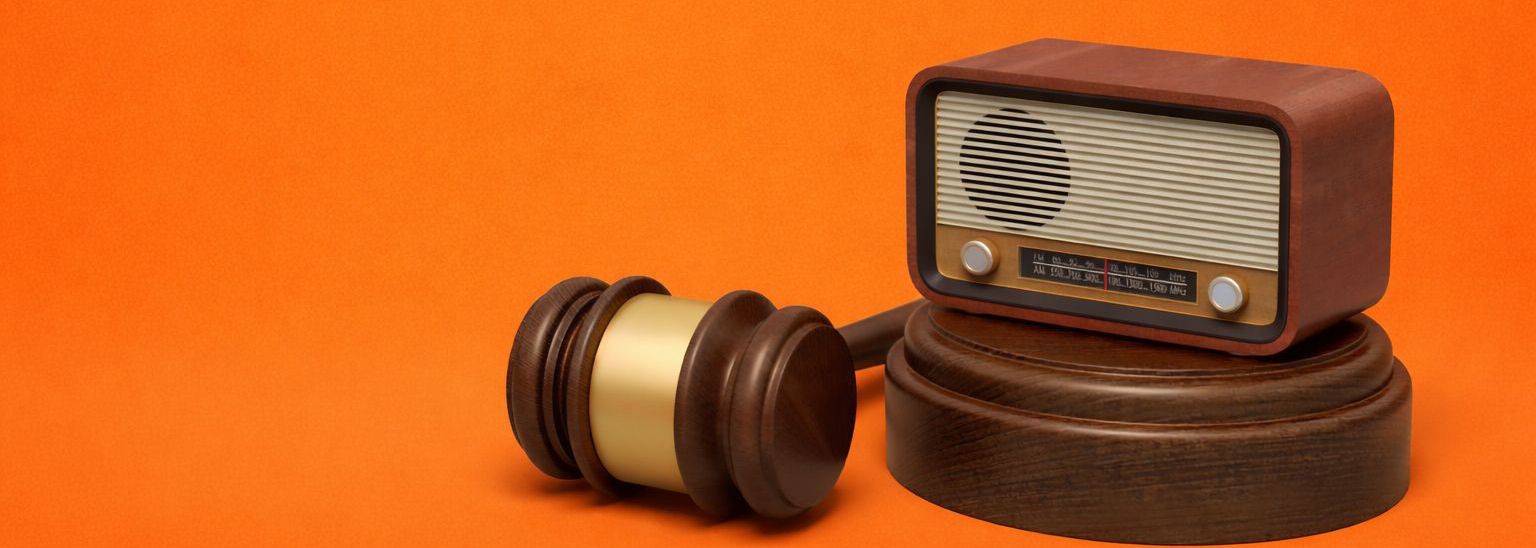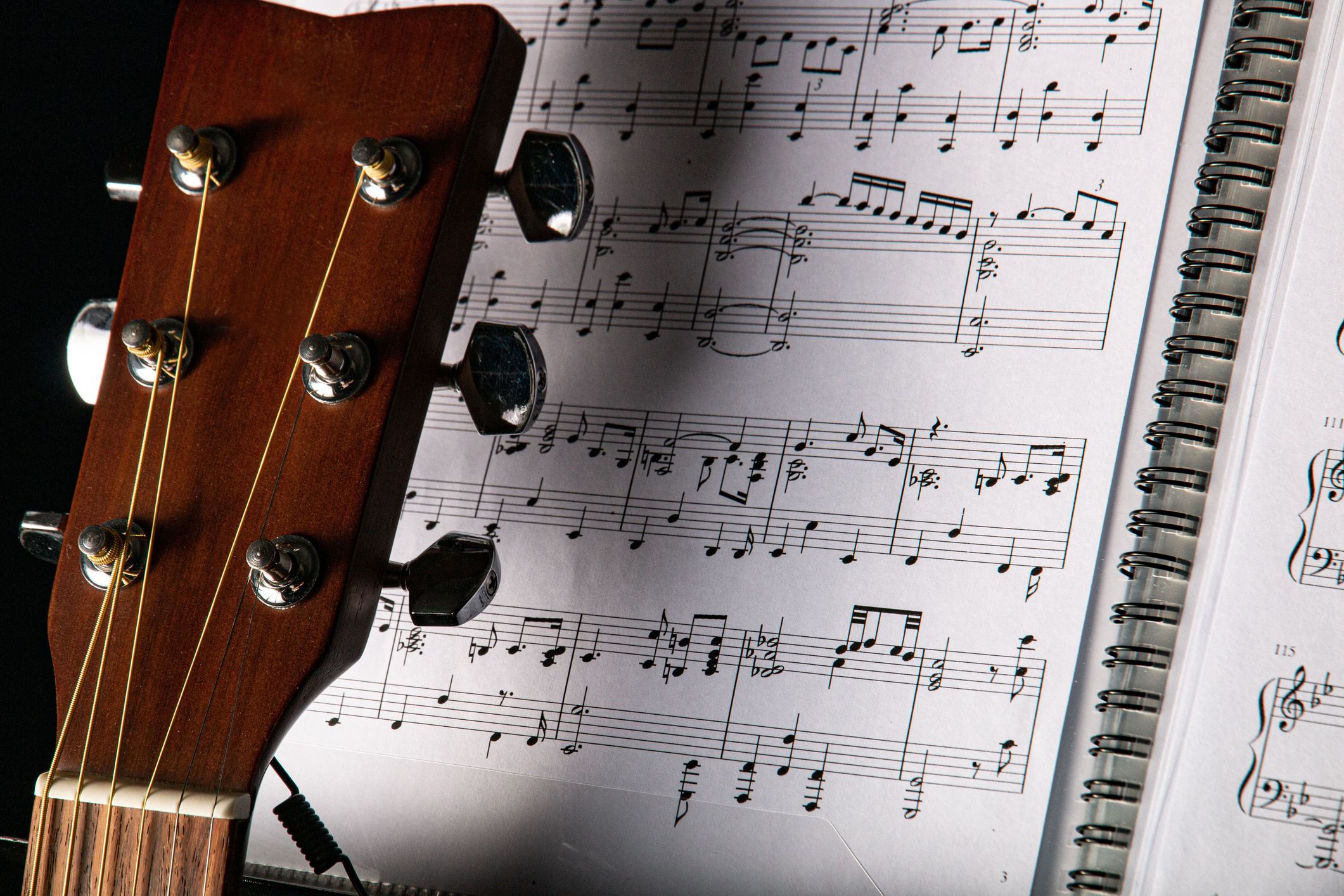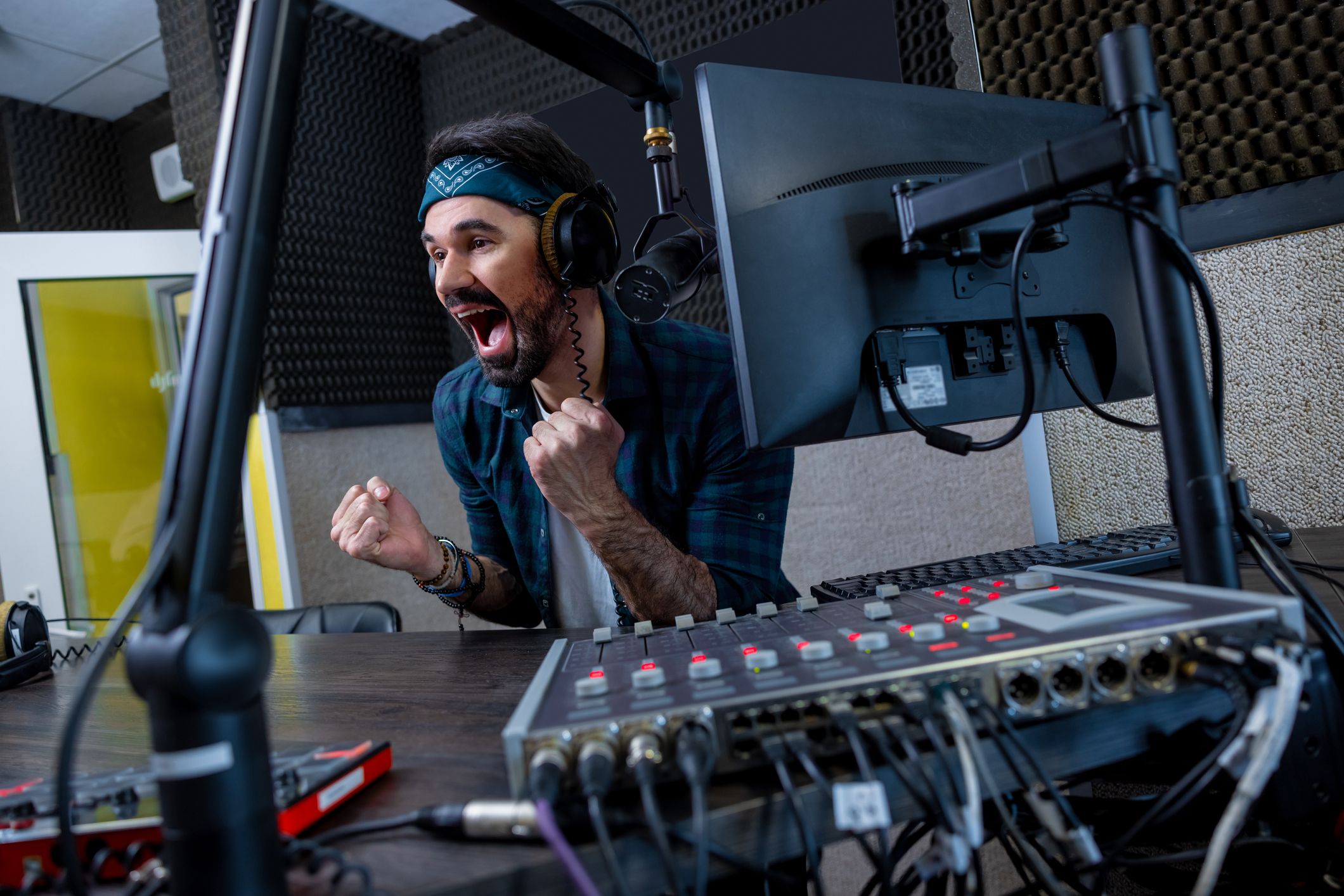Understanding Music Royalties: What Every Radio Broadcaster Needs to Know in 2026

The information provided in this article is intended for general educational and informational purposes only and should not be construed as legal advice. Music licensing, performance rights, and royalty regulations vary by territory, and are subject to change. No rights can be derived from the contents of this article. It is each broadcaster’s responsibility to verify and comply with all applicable laws, regulations, and licensing requirements in their own country or region.
Understanding Music Royalties
Whether you’re new to radio broadcasting and you’ve just launched your first online radio station, or you’re expanding the music library for your long-established weekly show on a local or community station, understanding how royalties work is important. Global licensing rules are constantly changing and evolving to move with the digital era that we’re living in, and the ever-increasing number of independent music creators entering the market. Whilst this is great for artists and ensures that their interests are protected and they fairly receive the royalties they are due, the royalty landscape can feel a little like navigating a minefield for radio broadcasters. You are asking yourself, ‘Who do I need to be paying?’, ‘How are royalties calculated?, and, ‘What happens if you play a cover version from an up-and-coming independent artist, instead of the original?’
So, here’s what you need to know so that you can broadcast confidently (and legally), no matter what kind of radio station you’re involved with.
Performance Rights and Why They Matter
In the most simple terms, whenever music is played in public, whether that’s on FM radio, online radio, satellite, television, in a café, at a gym, or even through a business’s telephone on-hold music service, royalties are generated.
To determine the royalties payable and handle these payments, countries rely on Performance Rights Organisations (PROs) and other similar royalty-collecting organisations. These organisations issue licenses to broadcasters and distribute the collected fees to the people that have created the music (songwriters and rights-holders) when their music is played. Some well-known examples of these organisations include:
- ASCAP, BMI, SESAC, GMR (United States)
- PRS for Music (UK)
- SOCAN (Canada)
- BUMA/STEMRA (Netherlands)
- SGAE (Spain)
- SIAE (Italy)
- GEMA (Germany)
- APRA AMCOS (Australia and parts of Asia)
- …and many others worldwide.
If a songwriter or publisher is affiliated with one of these organisations, your station is required to have a license that covers playing their music, no matter where you obtained the recording or whether it was sent to you for free. The recurring licensing fee that you pay is then distributed to the composers and writers of the music that you played on the radio.

Neighbouring Rights: Paying the Performers
Depending on your country, you may also need to pay neighbouring rights. This is the term for royalties owed to the performers and recording owners of the track. These are typically collected by organisations such as:
- SoundExchange (US, for digital non-interactive streaming)
- PPL (UK)
- SENA (Netherlands)
- PPCA (Australia)
International radio stations should check with their local collecting society for the specific rules in their territory. If you broadcast music created by someone who is represented by a rights organisation, or neighbouring-rights organisation, you’re expected to hold the correct license.
“But I Got This Track for Free - Does That Change Anything?”
Short answer: No!
If the songwriter is affiliated with a PRO, and you play their track, the radio station must pay performance royalties, even if the track was sent or given to you at no cost.
Free promotional downloads, advance copies, and ‘for radio use only’ tracks only refer to the recording itself. They don’t waive the rights of the people who wrote or own the music. So even if a track lands in your inbox straight from the artist, label, or from us here at iPluggers (sign up for free access here), you still need a broadcasting license to legally airplay it.
The same applies to any music you’ve purchased on platforms like iTunes, Bandcamp, or Amazon. Owning a digital file does not replace the requirement to hold the appropriate license to publicly broadcast the song on your radio station.
For online, FM, community, or commercial radio, the safest and simplest approach is always the same: Make sure your station is licensed to play music through the appropriate copyright organisations in your country.
Cover Songs: Do I Need Extra Licenses?
Covers can cause confusion for new broadcasters, but the rule is straightforward: if the cover version is a commercially released recording, it’s treated just like any other track. Your usual broadcasting license covers it, and you don’t need anything extra.
The PRO simply pays the original songwriter, and the neighbouring-rights organisation (where applicable) pays the performers who created the new cover recording.

Is it Possible to Run a Radio Station Without Paying Any Royalties?
In theory, yes, but the rules are extremely strict and seriously limiting.
The only legal way to avoid paying royalties is to play music that is 100% royalty-free. But, for a track to be genuinely royalty-free, all the following criteria must be met:
- None of the songwriters or composers are affiliated with a PRO.
- The performers are not represented by a neighbouring-rights organisation.
- The creators have given you explicit permission to broadcast the track.
- The track doesn’t contain any samples that could trigger rights claims (these days, many songs sample other songs, so this can be particularly difficult to navigate).
Why do Most Radio Stations Choose to Get a License?
For most broadcasters, obtaining a license from a PRO (and, where relevant, a neighbouring rights organisation) is the easiest and most sustainable approach.
A license allows you to:
- Build a diverse and pretty much unlimited playlist
- Feature music from world-famous artists and indie musicians alike
- Avoid any legal issues
- Save time by not validating every single track manually
- Expand the playlist for your station without constantly revisiting rights questions
There are several companies acting as intermediaries that will now do bundles of these licenses for online stations, often at lower costs than buying them directly, but this does depend on your territory. These services can be particularly helpful for smaller and newer online stations, hobby broadcasters, or podcasters where talk is the primary focus and music is used more sparingly.
Where to Get Free Music (Not Royalty-Free Music) for Your Playlist
For broadcasters looking for high-quality music - especially from great emerging and independent artists - iPluggers has got you covered.
iPluggers offers:
- Free access for radio stations
- Music in every genre
- Artist interview opportunities
- High-quality, broadcast-ready music downloads
- Tracks intended specifically for radio use
Related articles
View allComments
Comment policy: We love your comments and feedback. To uphold quality, we manually moderate all comments to prevent spam and solely promotional comments.




